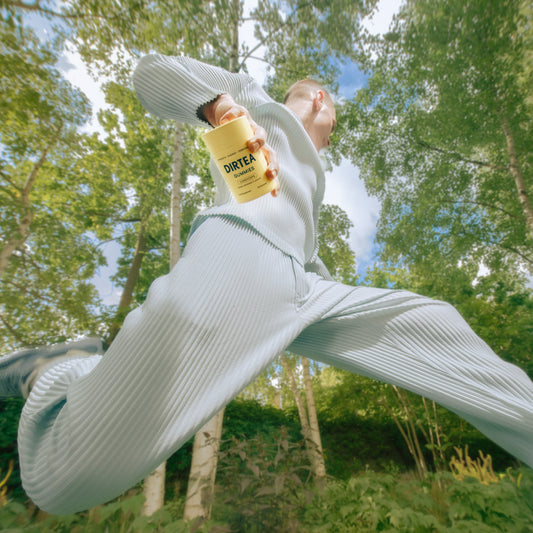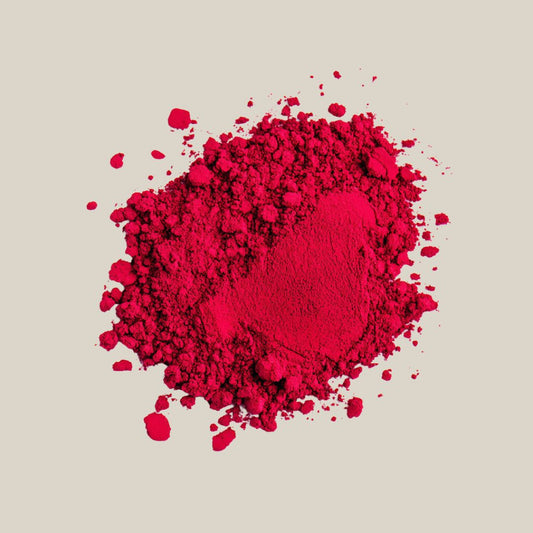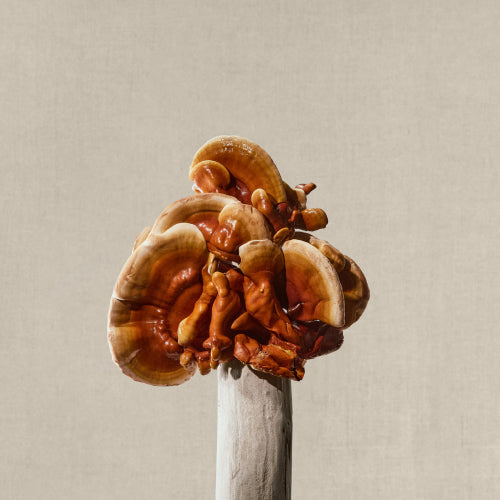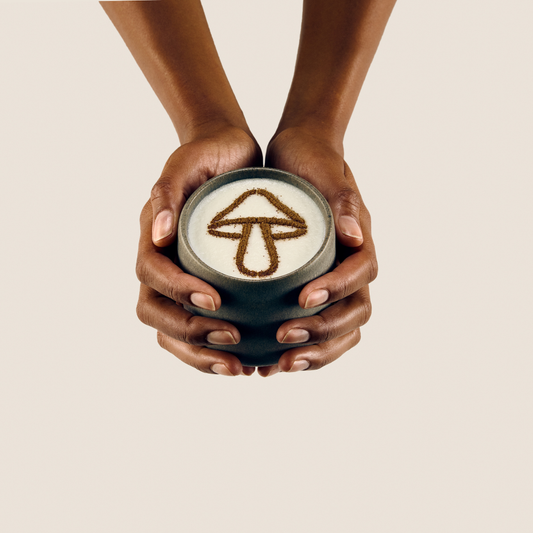

Our Journal
Explore the latest updates, tips, and insights on DIRTEA's Journal, your go-to source for functional mushroom knowledge and wellness inspiration.

Best Time to Take Supplements: How Meal Timing ...
If you’ve ever wondered whether taking your multivitamin with breakfast, your Lion’s Mane before deep work, or your magnesium at...
Best Time to Take Supplements: How Meal Timing Affects Absorption and Results
If you’ve ever wondered whether taking your multivitamin with breakfast, your Lion’s Mane before deep work, or your magnesium at...
Read More
How to Be Happier, Naturally: How Functional Fo...
Feeling “off” isn’t always about willpower. Often, it’s about inputs. The foods and drinks we choose send chemical signals through...
How to Be Happier, Naturally: How Functional Foods Influence Serotonin and Calm
Feeling “off” isn’t always about willpower. Often, it’s about inputs. The foods and drinks we choose send chemical signals through...
Read More
Why Wellness Socialising Is the New Going Out: ...
Across the UK and beyond, a quiet cultural shift is happening. More people are choosing weekend hikes over late nights,...
Why Wellness Socialising Is the New Going Out: A Guide to Rituals, Community & Health-First Hangouts
Across the UK and beyond, a quiet cultural shift is happening. More people are choosing weekend hikes over late nights,...
Read More
The Science of Circadian Rhythm: Why Less Dayli...
As daylight hours shrink and evenings arrive earlier, many people notice a subtle yet powerful change in their energy and...
The Science of Circadian Rhythm: Why Less Daylight Can Make You Feel Sluggish (and How to Reset Your Rhythm—Naturally)
As daylight hours shrink and evenings arrive earlier, many people notice a subtle yet powerful change in their energy and...
Read More
The Cortisol Curve: Understanding Your Stress H...
What Is Cortisol—and Why It Matters Cortisol often gets labelled the “stress hormone,” but it’s far more complex than that....
The Cortisol Curve: Understanding Your Stress Hormone and How to Balance It Naturally
What Is Cortisol—and Why It Matters Cortisol often gets labelled the “stress hormone,” but it’s far more complex than that....
Read More
S.A.D & Seasonal Shifts: Mood, Light and Ritual...
When the Darker Months Take a Toll As autumn fades into winter, the darker days can feel heavy. Many...
S.A.D & Seasonal Shifts: Mood, Light and Rituals for the Darker Months
When the Darker Months Take a Toll As autumn fades into winter, the darker days can feel heavy. Many...
Read More
The Gut–Brain Axis: The Gut as the Second Brain
Your gut and brain are in constant conversation through the gut–brain axis — a powerful link influencing mood, focus, and...
The Gut–Brain Axis: The Gut as the Second Brain
Your gut and brain are in constant conversation through the gut–brain axis — a powerful link influencing mood, focus, and...
Read More
Terpenes vs Triterpenes: The Compounds Behind M...
Terpenes vs Triterpenes: The Compounds Behind Mushrooms’ Power Terpenes are a big family of natural aroma compounds—built from tiny...
Terpenes vs Triterpenes: The Compounds Behind Mushrooms’ Power
Terpenes vs Triterpenes: The Compounds Behind Mushrooms’ Power Terpenes are a big family of natural aroma compounds—built from tiny...
Read More
Are Mushroom Gummies Effective? Everything You ...
The Rise of Mushroom Gummies Functional mushrooms have seen a remarkable rise in popularity, thanks to their deep roots in...
Are Mushroom Gummies Effective? Everything You Need to Know
The Rise of Mushroom Gummies Functional mushrooms have seen a remarkable rise in popularity, thanks to their deep roots in...
Read More
The Best Supplement for Men? Why Mushrooms Are ...
In the evolving world of men’s wellness, there’s a noticeable shift happening. From longevity hacks to cold plunges and clean...
The Best Supplement for Men? Why Mushrooms Are the Natural Answer for Strength, Focus & Recovery
In the evolving world of men’s wellness, there’s a noticeable shift happening. From longevity hacks to cold plunges and clean...
Read More
What Does B12 Actually Do? Why It’s in Your Fav...
The Unsung Hero of Daily Energy You may have seen it listed on the back of your DIRTEA Mushroom Powder...
What Does B12 Actually Do? Why It’s in Your Favourite Mushroom Blends
The Unsung Hero of Daily Energy You may have seen it listed on the back of your DIRTEA Mushroom Powder...
Read More
Reishi for Creatives: Why Calm is the Secret to...
Rethinking Creativity We’ve all seen the stereotype: the “tortured artist” running on caffeine, sleepless nights, and a racing mind. But...
Reishi for Creatives: Why Calm is the Secret to Flow
Rethinking Creativity We’ve all seen the stereotype: the “tortured artist” running on caffeine, sleepless nights, and a racing mind. But...
Read More
Is Caffeine Bad for Anxiety? How to Rethink You...
For many of us, the day doesn’t officially start until we’ve had that first sip of coffee. The smell of...
Is Caffeine Bad for Anxiety? How to Rethink Your Morning Brew
For many of us, the day doesn’t officially start until we’ve had that first sip of coffee. The smell of...
Read More







